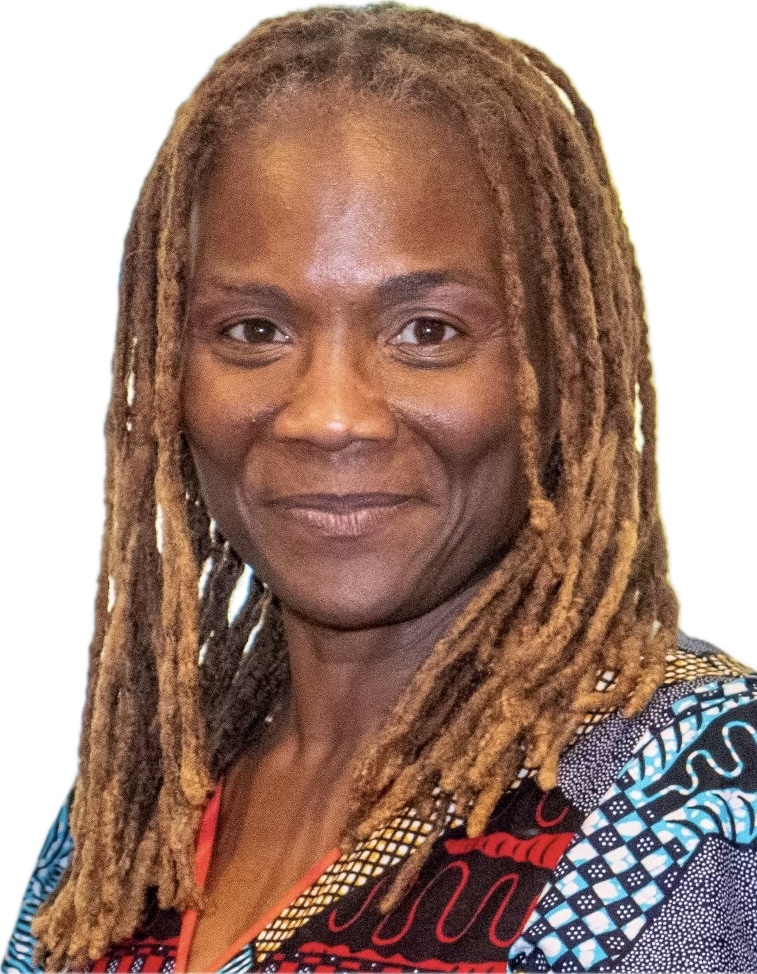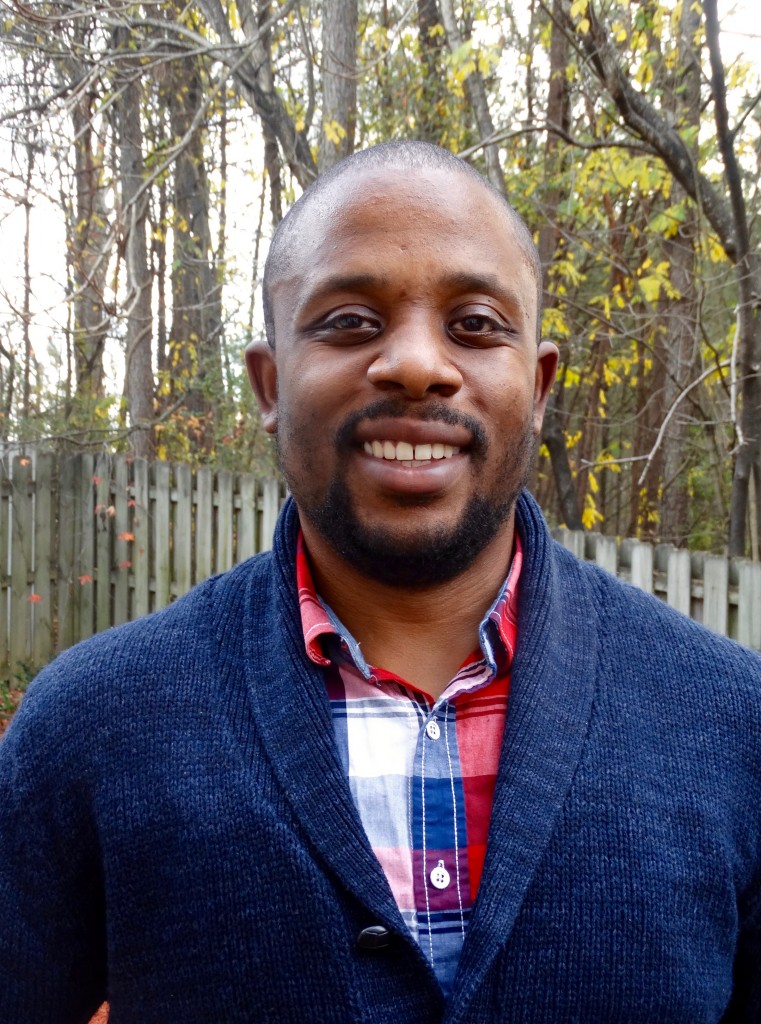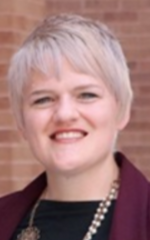ASNR Spring 2025 Elections
The ASNR bylaws stipulate that the Officers of ASNR and the members of the ASNR Board of Directors are nominated by the Nominating Committee, approved by the Board of Directors, and then voted on by the ASNR members.
A vacancy will exist on the ASNR Board of Directors following the conclusion of April's Annual Meeting in Atlanta. After a thorough review of possible candidates, the ASNR Nominating Committee recommended to the ASNR Board of Directors that Dr. Michelle Johnson be nominated to fill this vacant seat, and the Board approved that recommendation. As a result, Dr. Johnson is now brought before the ASNR membership for a vote. When you vote, you will have the option to approve Dr. Johnson, or write in another candidate of your choice.
Additionally, the current terms of the ASNR Officers expire at the conclusion of the Annual Meeting. While our bylaws do not require it, our practice for many years has been to have a progression of Officers: the Program Chair becomes the Secretary/Treasurer, the Secretary/Treasurer becomes the Vice President, and the Vice President becomes the President (the President, naturally, becomes the Past President).
In keeping with that practice, the ASNR Nominating Committee has recommended to the ASNR Board of Directors the following slate of Officers to take office at the conclusion of this year's Annual Meeting, and the Board has approved the slate. The slate is now brought before the ASNR membership for a vote.
- President: Lewis Wheaton (currently Vice President)
- Vice President: Jason Carmel (currently Secretary/Treasurer)
- Secretary/Treasurer: Kelsey Baker (currently Program Chair)
Voting will take place starting Friday, March 28th, and will conclude at 11:59pm EDT on Sunday, April 6th. In order to vote, you must be a member in good standing (dues all paid up) of ASNR, and the system will only allow one ballot per member.
You will be required to login to the ASNR website using your login credentials in order to vote. If you cannot remember your login credentials, or have trouble logging in, please email info@asnr.com for assistance. PLEASE DO NOT CREATE A NEW LOGIN.
Please click below to vote.
Meet the Board of Directors candidate:

Michelle Johnson, PhD
Michelle J. Johnson, PhD, is an Associate Professor of Physical Medicine and Rehabilitation at the Perelman School of Medicine at the University of Pennsylvania. She has secondary faculty appointments in the Departments of Bioengineering and Mechanical Engineering and Applied Mechanics in the School of Engineering and Applied Sciences at University of Pennsylvania. Dr. Johnson holds a Ph.D. in Mechanical Engineering from Stanford University, with a specialization in design, robotics and rehabilitation. Her pioneering work focuses on developing robotic and sensor-based technologies to assess and treat individuals recovering from neurological injuries, such as stroke and other non-traumatic brain injuries.
As the Director of the Rehabilitation Robotics Lab (A GRASP Lab), Dr. Johnson leads an interdisciplinary team that designs and evaluates assistive robots and therapeutic devices to improve motor control, physical function, cognitive function and quality of life in older adults and adult and children with disabilities. Her research integrates principles from robotics, neuroscience, and rehabilitation science to create innovative solutions for real-world clinical applications.
Dr. Johnson has published over 100 peer-reviewed articles in leading scientific journals and has secured research funding from prestigious agencies, including the National Institutes of Health (NIH) and the National Science Foundation (NSF). Her projects emphasize human-robot interaction, adaptive technology design, and equitable access to rehabilitation tools for local and globally underserved communities. She is a Fulbright Scholar and was an IEEE Engineering Medicine and Biology Distinguish Lecturer.
To view more information about Dr. Johnson, click here (opens in a new window).
Meet the proposed slate of Officers:

President: Lewis Wheaton, PhD
Dr. Lewis A. Wheaton received his Ph.D. in Neuroscience and Cognitive Sciences from the University of Maryland, College Park in 2005. He was a fellow at the National Institutes of Health (Medical Neurology Branch, 2001-2005) studying neural function and recovery of motor control after stroke. In mid-2005 he was awarded a post-doctoral fellowship at the Baltimore Veterans Affairs Medical Center (Maryland) where he performed neuroscience research in aging and stroke motor control in Veterans.
In 2008, Dr. Wheaton joined the School of Applied Physiology (now Biological Sciences) at Georgia Tech as an Assistant Professor. He became tenured in 2014 and is currently Full Professor in Biological Sciences. Dr. Wheaton is the Director of the Cognitive Motor Control Laboratory at Georgia Tech, engaged in state and federal funded research focused on understanding aspects of human upper limb motor rehabilitation in amputation and stroke. His lab has employed numerous high school, undergraduate, graduate, and post-doctoral fellows. He is the course director for 4 courses in the School of Biological Sciences (Human Neuroimaging, Movement Disorders, Human Neuroanatomy, and the History of Neuroscience). He has Chaired/Co-Chaired international conferences focused on motor control research and clinical outcomes, obtaining funding from federal and private sources. His research has yielded several manuscript publications in the field of motor control neuroscience, several focused expert reviews, and numerous conference presentations both in the US and abroad.
Dr. Wheaton is also an adjunct Professor in the Department of Rehabilitation at Emory School of Medicine and a Member of the Children’s Center for Neurosciences Research at the Emory Children’s Pediatric Research Center.

Vice President: Jason Carmel, MD, PhD
Jason B. Carmel, MD, PhD, is a child neurologist and motor system neuroscientist dedicated to improving movement and function in individuals with central nervous system injuries. He specializes in treating children, adolescents, and adults with conditions such as cerebral palsy at the Movement Recovery Clinic and evaluates infants with delayed motor milestones in the Infant Movement Evaluation Clinic. Dr. Carmel works closely with patients and their families to develop personalized treatment plans that align with their goals for mobility, independence, and participation in daily life.
Dr. Carmel is Chief of the Division of Child Neurology and Executive Director of the Weinberg Family Cerebral Palsy Center at NewYork-Presbyterian/Columbia University Irving Medical Center. Additionally, Dr. Carmel directs the Movement Recovery Laboratory, where he leads groundbreaking research on activity-based therapies that harness the body’s own capacity for recovery. His work explores innovative approaches, including brain and spinal cord stimulation and intensive behavioral training, to strengthen neural connections and restore movement. His research has demonstrated that stimulating intact pathways after injury can enhance their function, promote new connections, and improve motor skills.
A leader in neurorehabilitation, Dr. Carmel is a standing NIH study section member, Secretary/Treasurer of the American Society for Neurorehabilitation, and a steering committee member of the Cerebral Palsy Research Network. He also serves as a scientific and medical advisor to companies advancing neuromodulation technologies. His work is supported by the National Institutes of Health and private foundations.

Secretary/Treasurer: Kelsey Baker, PhD
Dr. Kelsey Baker is Assistant Professor of Molecular Science at The University of Texas Rio Grande Valley School of Medicine. She is also a Biomedical Engineer with the Louis Stokes Cleveland Veterans Affairs Medical Center. She earned her PhD in Biomedical Engineering from Case Western Reserve University in Cleveland, Ohio. There she underwent formal interdisciplinary training in biomaterials, neurodegeneration and neural engineering. Her graduate work focused on understanding and developing systems to prevent neurodegeneration to implanted intracortical microelectrodes. The goal of Dr. Baker’s work was to deploy anti-oxidative strategies that would improve long-term device efficacy. From this experience, Dr. Baker developed expertise in immunohistochemical analysis of inflammation, plastic changes in neuronal cell bodies following brain insult and the role of oxidative stress events in intracortical microelectrode failure.
During Dr. Baker’s post-doctoral work, she translated her knowledge regarding neurodegeneration into a more clinical setting after joining Dr. Ela Plow’s Neuromodulation and Stroke Recovery lab at the Lerner Research Institute in the Cleveland Clinic. To date, her work has focused on whether damage to motor output pathways from the brain following stroke can influence the (1) efficacy of non-invasive brain stimulation and (2) amount of plasticity essential for functional recovery. Currently, her primary research emphasis is to evaluate the feasibility of non-invasive neuromodulation to improve motor recovery in Veterans and patients with spinal cord injury (SCI). In addition, she seeks to use neurophysiology and neuroimaging techniques to better define incompleteness of SCI as to improve the standard of care.
ASNR Blog Profile (opens in a new window)
